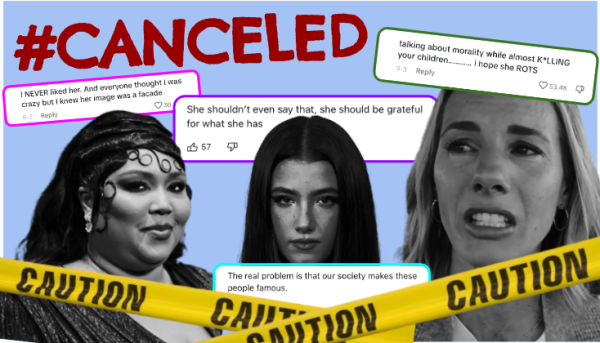Almost certain failure: Why we make, and break, those New Year’s resolutions
January 21, 2016
Approximately 45% of Americans make a New Year’s resolution each year. But how many people actually go through with the resolutions they make? This year only 8% of people will be successful. Many people give up on their resolutions during the first week or two of the new year. Only 46% of people keep up their resolutions past the sixth month of the new year, while 75% of people only keep up the resolution through the first week. According to the Washington Post poll people said they find themselves “slipping quietly back into my old routine over time.”
Why do we fail?
The first problem is that we set our expectations too high. People mainly set resolutions for exercising more, or eating better, or getting organized. But people set these resolutions too high and overwork themselves. These high expectation often leads to people failure.
People who want to try out a gym to for exercise need to pay for admission into the gym. The average gym membership cost is 58 dollars and the average money wasted due to under usage is 39 dollars. There is also 67% of people who have gym memberships but never get around to actually using them. It’s crowded in January but lonely in March.
Some resolutions aren’t affected by what people do. One popular resolution is to save more money, but this isn’t something that is always possible to do. This is because while you’re in a job, you can’t just make your paycheck higher, and you can’t make the necessities cost less.
“I’ve tried to go through with them, but I wear myself out trying to do them and just give up on them,” said Caitlyn Cook, Class of 2019 member.
Another problem is almost the opposite of the first in that some people don’t know what qualifies as reasonable. They don’t know how much they should do for that resolution, and it is up to their own interpretation about how much exercise or whatever the resolution is, is considered to be enough. Due to this, resolutions can fail.
“I just don’t bother to make them. I know I’m not going to go through with them,” said Class of 2019 member Annie Watsic.
But one of the biggest problems is because it’s the new year. We purposely set our resolutions to unrealistic goals. We do it out of excitement for a new beginning of a new year, not thinking about the realistic chances of achieving such a goal. That’s why at any other time of the year when people set goals they aren’t outrageous.
It takes a long-term commitment to lose 50 pounds and not gain anything back for the rest of the year or go to the gym three times a week all year. People rarely even bring up their new year’s resolutions after January, and that’s even if people are still keeping up with them a week after the new year is over.
“I think it’s better if we just don’t bother with resolutions,” says Cook.
Next year the cycle will repeat as new resolutions are made and forgotten soon after. These problems with resolutions are the reason that we just shouldn’t bother with them.













